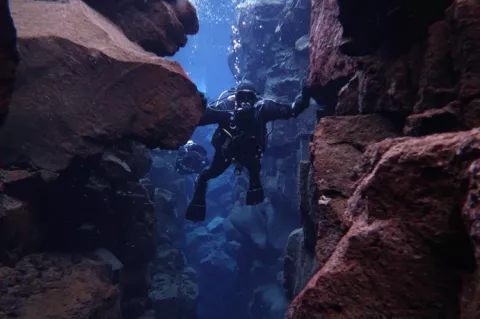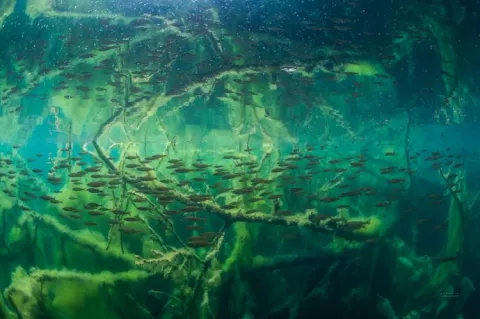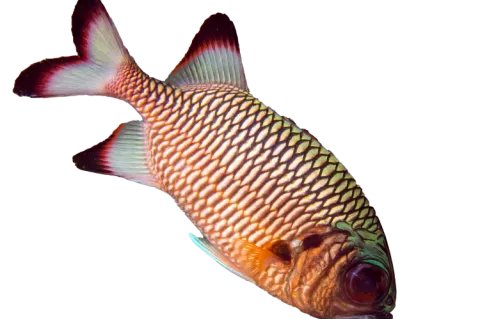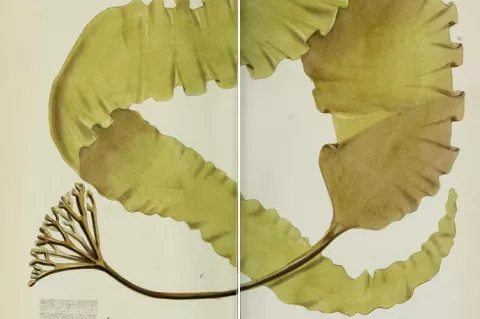Be a Better Divemaster: Apply Human Factors
Human factors is about making it easier to do the right thing and harder to do the wrong thing. Therefore, for divemasters, human factors is about making it easier for them and their divers to do the right thing and harder to do the wrong thing.






